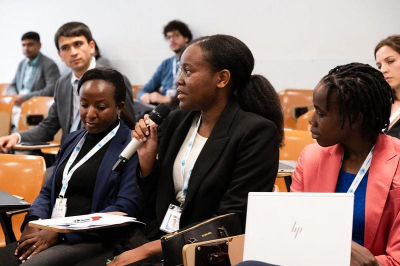


From virus detection to preventing biological weapon development—biosecurity is an arena in which science and diplomacy must ultimately combine, said the participants at the latest science diplomacy course co-organized by TWAS and IAP.
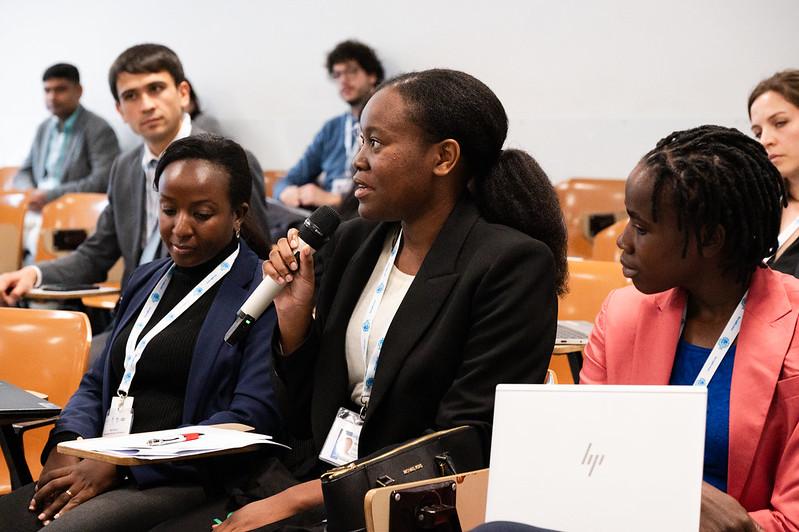
The event brought 18 early-career researchers from low- and middle-income countries to Trieste, all life scientists for whom science diplomacy was new, to teach them about the field, as well as research responsibility. The event also taught them ways to provide policy advice, contribute to international agreements, and build on the UN Sustainable Development Goals (SDGs). After two days of the course on science diplomacy, the participants relocated to International Centre for Genetic Engineering and Biotechnology (ICGEB) headquarters in Trieste for three days of hands-on biotechnology training in the laboratory.
Partnering TWAS in organizing the event were the Biological and Toxin Weapons Convention (BWC) Implementation Support Unit, ICGEB and the InterAcademy Partnership (IAP).
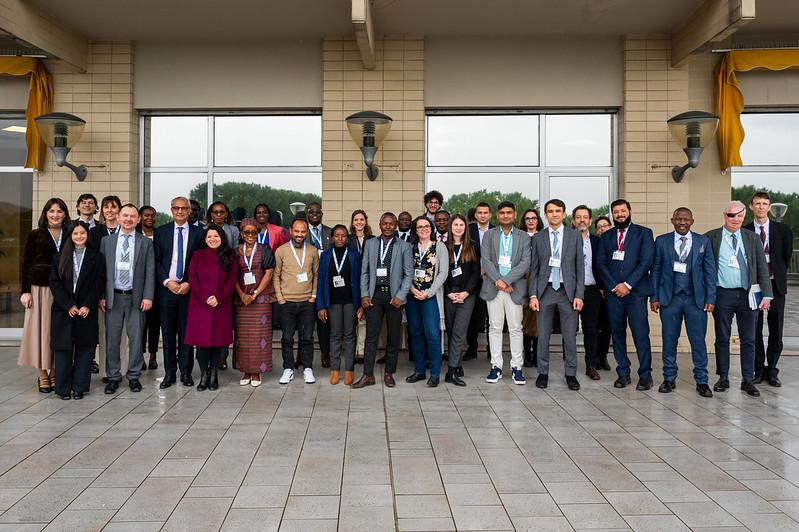
Of the 18 scientists, nine were from the science-and-technology-lagging countries (STLCs) identified by TWAS, seven were from UN-recognized Least Developed Countries, and six were women. They were from Burkina Faso, Cameroon, Ethiopia, Kenya, Malawi, Mozambique, Pakistan, Rwanda, Tanzania, Thailand, Türkiye, Uganda and Uzbekistan.
“We need to understand global priorities or even local priorities, to understand how our research fits into an ongoing problem or ongoing possibilities,” said Clarissa Rios Rojas, political affairs officer for the UN Office for Disarmament Affairs (UNODA), and one of the event’s speakers.
Rios Rojas added that science diplomacy brings scientists from laboratories and academia to a level where they can communicate very complex information and data to policy makers, citizens and others. This should then enable science to become an important part of policy-making processes. “We really need to bring it back to society and local and global decisions.”
The science diplomacy portion of the event featured nine expert speakers, including Rios Rojas and Peter McGrath of TWAS and IAP, who in his introductory presentation, provided an overview of science diplomacy. As well as delivering lectures on the subject matter, speakers also guided role-playing exercises over the course of the two-day workshop at TWAS headquarters in Trieste, Italy.
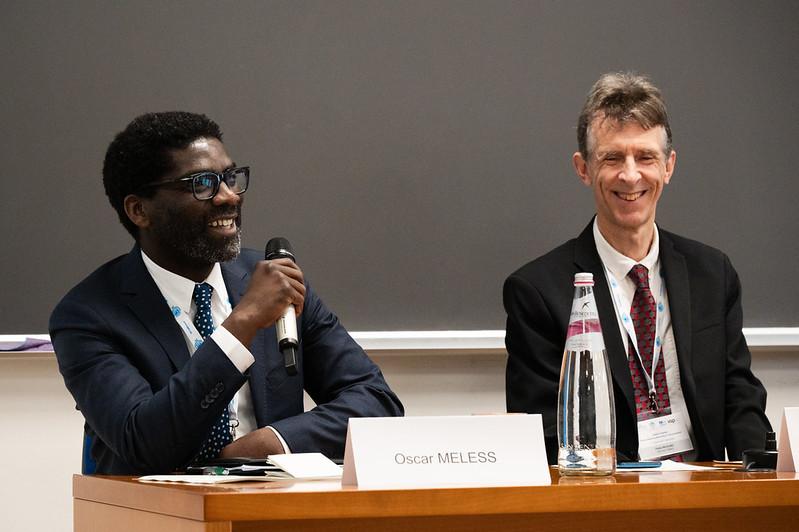
Their first day, participants took part in a training exercise demonstrating the challenges of combining science with diplomacy using a role-play simulation, that required scientific evidence in the form of DNA sequencing about the illegal smuggling of an internationally protected species, the pangolin. The second day, the BWC unit led a tabletop exercise more specific to biosecurity, on how to build a response to a disease outbreak of unknown origin and to navigate such a circumstance under the provisions of the BWC.
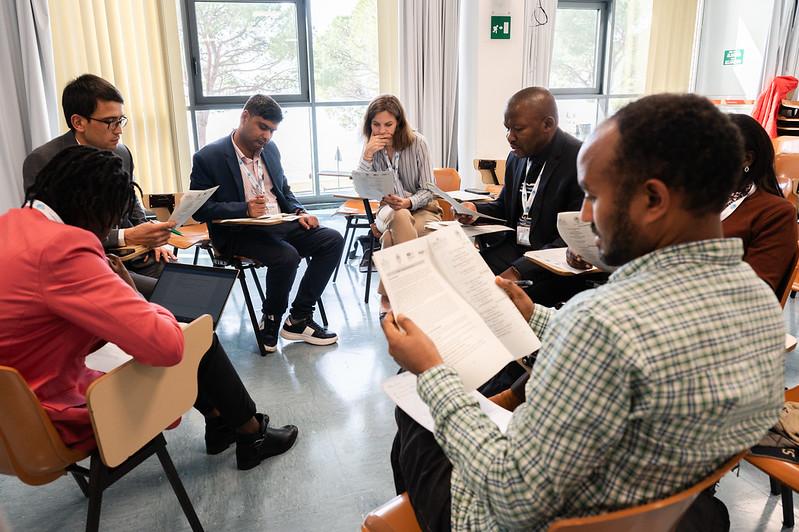
The BWC is an international disarmament treaty prohibiting biological and toxin weapons that went into force in 1975. But discussion ranged across biosecurity in all its forms, including disease prevention, virus detection, public health and animal health.
“Diplomacy is important when it comes to health because many of the health-related problems transcend national borders, regional borders and continental borders,” said one of the speakers, Peter Babigumira Ahabwe. Ahabwe is a Ugandan pharmacist and epidemic intelligence analyst for the Uganda Public Health Operations Centre. “That means, in dealing with these problems, it involves talking to other countries, other regions, and other continents to collectively work together and solve these problems.”
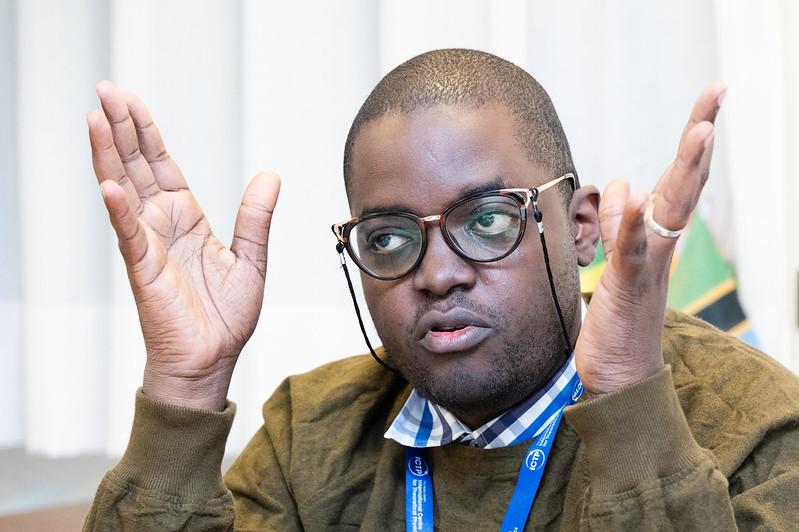
Madison Wimmers, project officer for the World Organisation for Animal Health said that animal health is connected to everybody’s health. “You can’t look at health in a silo—whether that’s animal health, human health, environmental health—everything’s connected,” said Wimmers. “So if you’re impacting animal populations in a negative way, it’s going to inevitably have impacts on the human population.”
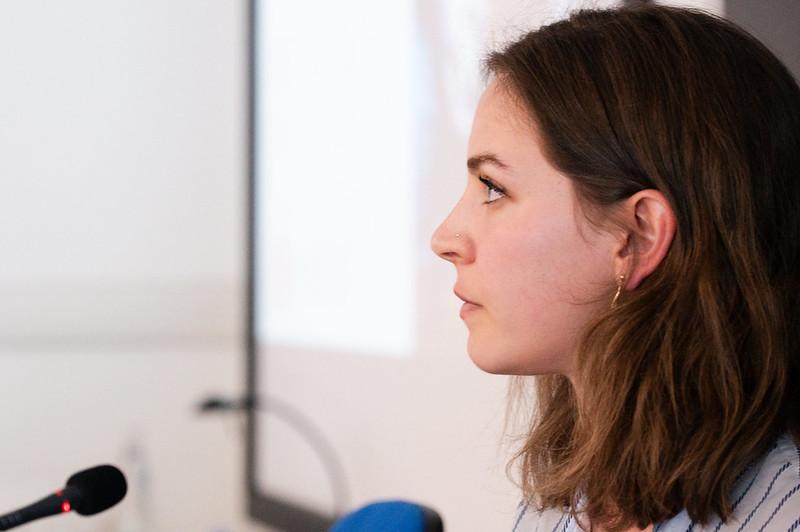
She pointed out that such an impact could be biological or economic, depending on the type of affected animals such as livestock, which are a part of people’s livelihoods. Science diplomacy provides tools to address these impacts. “Even if you feel that you don’t have a role in science diplomacy, and you don’t really understand animal health—or maybe you're from the animal health world and you don't understand the public health sector—the important part is building relationships.”
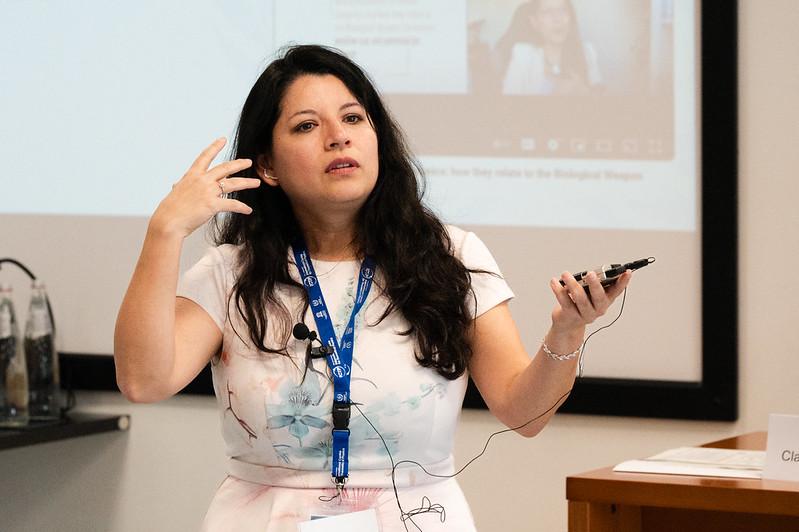
Ahabwe noted that science diplomats need, above all else, a strong understanding of the subject matter on which they advise. He emphasized the difference between having an understanding and having credentials, which he called an important distinction when taking science outside of academia.
“That means even someone with a bachelor’s degree could be better than someone with a PhD so long as they have a strong understanding of the subject matter,” he said.
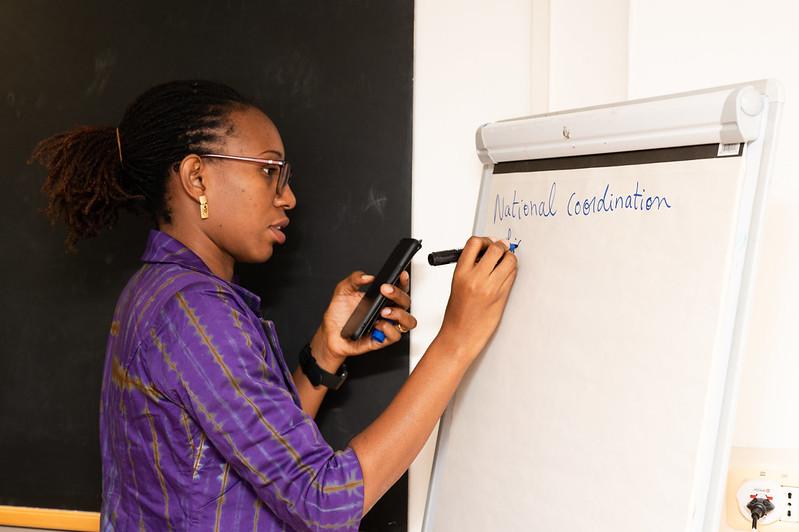
Credits: Giovanni Ortolani and Sean Tracey, TWAS. This article is republished from TWAS under a Creative Commons license. Read the original article here.